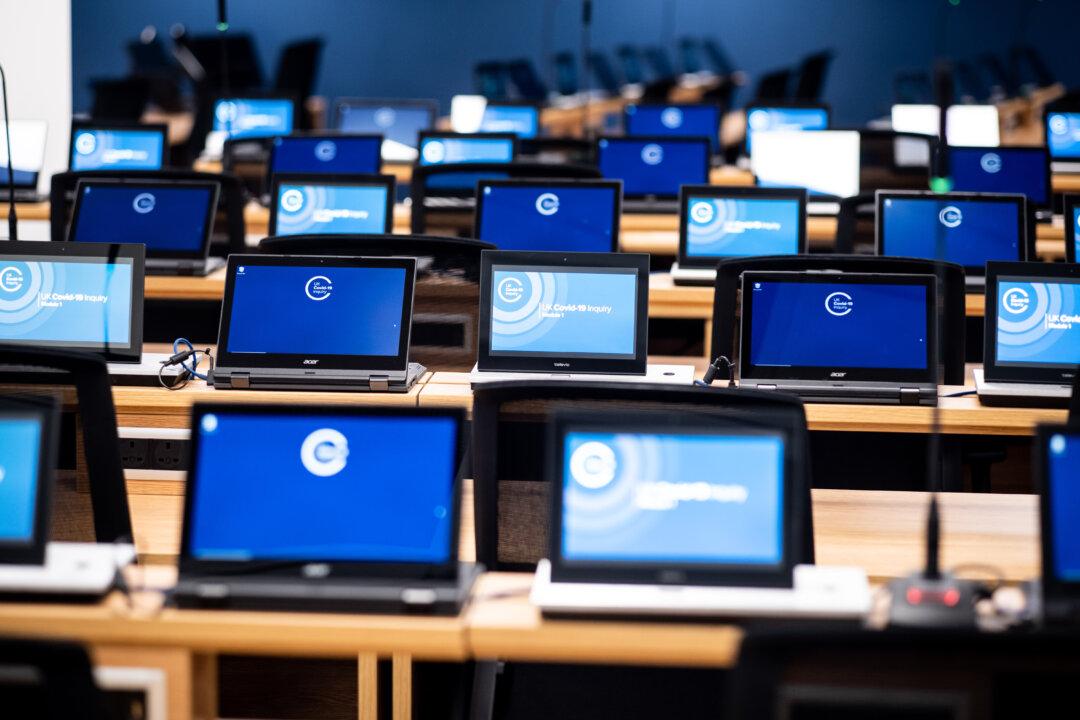The Covid-19 Inquiry, the UK’s probe into the handling of the pandemic has officially begun its public hearings and has heard from its lead lawyer that the “potentially massive impact” of lockdowns was not considered.
On Tuesday, the first full hearings started into the inquiry, which will be split into six areas, looking first into the UK’s handling of the coronavirus.




